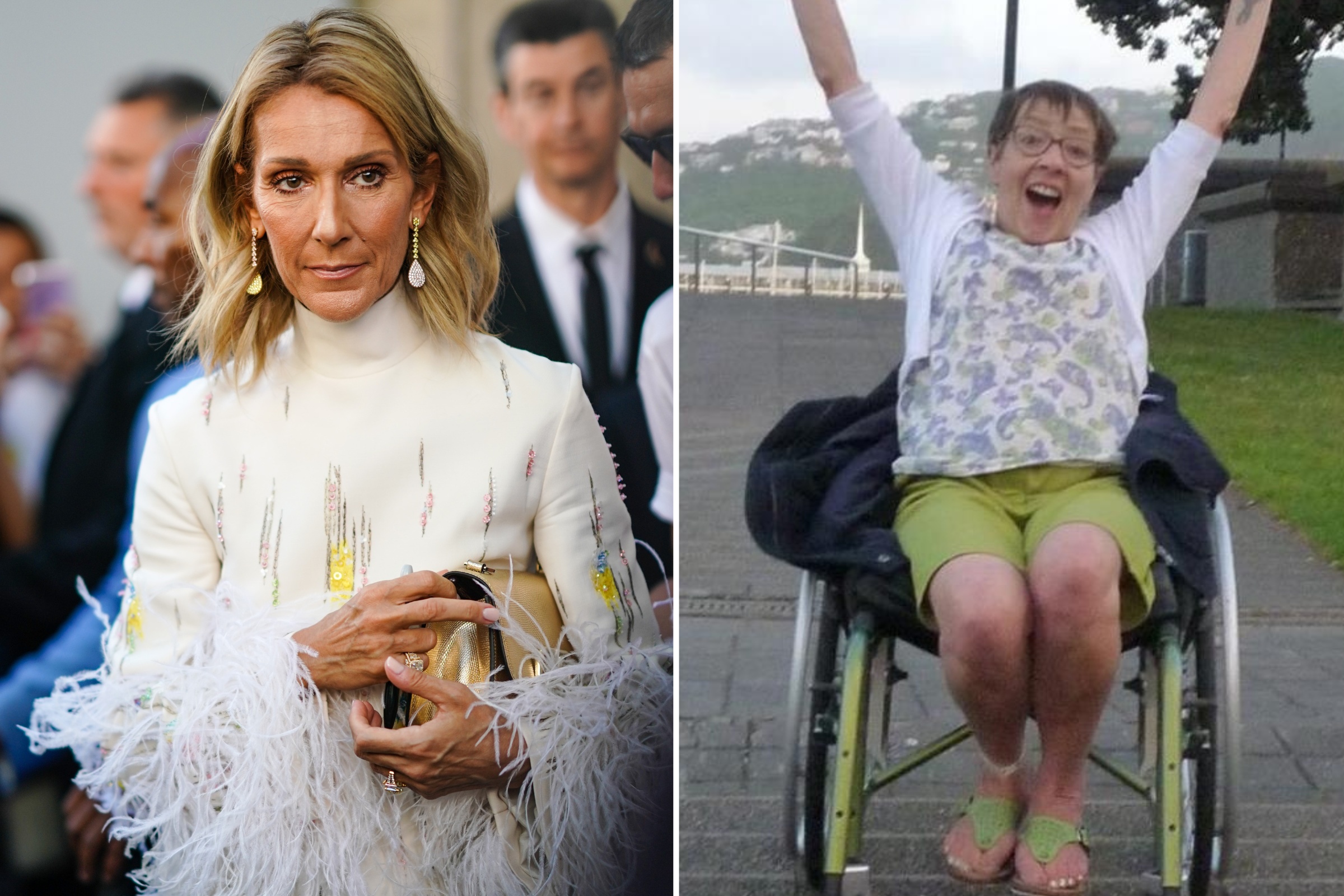Definition of Stiff Person Syndrome

Celine dion stiff person syndrome – Stiff person syndrome (SPS) is a rare neurological disorder characterized by progressive muscle stiffness and rigidity, leading to painful muscle spasms that can affect the trunk, limbs, and face.
The exact cause of SPS is unknown, but it is believed to be an autoimmune disorder in which the body’s immune system mistakenly attacks its own nervous system. This leads to inflammation and damage to the brain and spinal cord, resulting in the characteristic symptoms of SPS.
Prevalence and Rarity
SPS is a rare condition, affecting approximately 1 in a million people worldwide. It is more common in women than in men, and typically develops between the ages of 30 and 60.
Causes and Risk Factors
The exact cause of SPS is unknown, but several risk factors have been identified, including:
- Autoimmune disorders, such as type 1 diabetes and thyroid disease
- Certain genetic mutations, such as those in the GAD65 gene
- Exposure to certain medications, such as penicillin and sulfa drugs
Celine Dion’s Diagnosis and Impact

In December 2022, Celine Dion publicly announced her diagnosis of stiff person syndrome (SPS), a rare neurological disorder that affects the central nervous system. The diagnosis came after years of battling severe and debilitating muscle spasms that had made it increasingly difficult for her to perform and tour.
Challenges and Adjustments
SPS has had a profound impact on Dion’s life and career. The muscle spasms caused by the condition can be extremely painful and unpredictable, making it challenging for her to engage in everyday activities, let alone perform on stage. As a result, she has had to cancel or postpone several concerts and tours.
Dion has also had to make significant adjustments to her lifestyle to manage her condition. She has adopted a specialized exercise regimen and uses assistive devices to help with mobility. She has also sought support from a team of medical professionals, including neurologists, physiatrists, and pain management specialists.
Public Reaction and Support
Dion’s diagnosis has been met with an outpouring of support from fans, friends, and fellow musicians. Many have shared their admiration for her courage and resilience in facing such a challenging condition. The public has also been understanding of her need to take time off from performing to focus on her health.
Dion’s openness about her diagnosis has raised awareness of SPS and its impact on those who live with it. Her experience has inspired others to share their own stories and seek support for rare and chronic conditions.
Medical Treatment and Management
Stiff person syndrome (SPS) is a rare neurological disorder that affects the central nervous system. Treatment for SPS focuses on managing symptoms and improving quality of life. Various treatment options are available, including medications, therapies, and lifestyle modifications.
Medications used to treat SPS include muscle relaxants, benzodiazepines, and immunomodulatory drugs. Muscle relaxants help to reduce muscle stiffness and spasms. Benzodiazepines have a calming effect and can help to reduce anxiety and muscle tension. Immunomodulatory drugs suppress the immune system and may be used to reduce inflammation and muscle stiffness.
Therapies
Physical therapy can help to improve range of motion, flexibility, and balance. Occupational therapy can help to develop coping mechanisms and strategies for managing daily activities. Speech therapy can help to improve speech and swallowing.
Lifestyle Modifications
Lifestyle modifications that may help to manage SPS include regular exercise, stress management techniques, and a healthy diet. Exercise can help to improve flexibility and range of motion. Stress management techniques can help to reduce anxiety and muscle tension. A healthy diet can help to provide the body with the nutrients it needs to function properly.
Specialists and Support Groups
Specialists who can help to manage SPS include neurologists, physiatrists, and pain management specialists. Support groups can provide emotional support and information to people with SPS and their families.
Research and Advancements: Celine Dion Stiff Person Syndrome
The medical community is actively engaged in research to enhance our understanding of Stiff Person Syndrome (SPS) and develop more effective treatments. Researchers are exploring various avenues, including genetic studies, clinical trials, and the development of novel therapies.
Genetic Markers
Identifying genetic markers associated with SPS is a crucial area of research. By pinpointing specific genetic mutations or variations linked to the condition, researchers can gain insights into the underlying causes of SPS and develop targeted therapies.
Improved Treatments, Celine dion stiff person syndrome
Ongoing clinical trials are evaluating the efficacy of new and existing treatments for SPS. These trials aim to improve symptom management, reduce disease progression, and enhance the quality of life for patients.
Potential Therapies
Researchers are exploring the potential of novel therapies, such as gene therapy and immunomodulatory treatments, to address the underlying mechanisms of SPS. These therapies aim to correct genetic defects, modulate immune responses, and halt disease progression.
Raising Awareness and Advocacy

Raising awareness about Stiff Person Syndrome (SPS) is crucial for reducing stigma, encouraging early diagnosis, and fostering support for those affected. Patient advocacy groups play a vital role in this process by advocating for research funding, providing support services, and educating the public.
Successful Awareness Campaigns
- #StiffPersonSyndromeAwareness: This social media campaign, initiated by the Stiff Person Syndrome Foundation, has raised awareness by sharing stories, providing information, and connecting individuals with the SPS community.
- SPS Awareness Month: In May each year, organizations and individuals worldwide come together to raise awareness about SPS through events, webinars, and online campaigns.
Advocacy Efforts
- Patient Advocacy Groups: Organizations like the Stiff Person Syndrome Foundation and the National Institute of Neurological Disorders and Stroke (NINDS) advocate for research funding, support patient advocacy efforts, and provide resources to individuals and families affected by SPS.
- Legislative Initiatives: Advocacy groups have successfully pushed for legislation to increase funding for SPS research and provide support services to patients.